Description
Gesù Tra I Dottori by Giovanni Paolo Panini printed on a T-Shirt
About the T-Shirt
Regular fit
Standard length, the fabric easily gives into movement
Casual wear
A classic, everyday option loved by our customers
Side-seamed
Constructed by sewing two parts together, creating a fitted look
The Unisex Staple T-Shirt feels soft and light with just the right amount of stretch. It’s comfortable and flattering for all. We can’t compliment this shirt enough–it’s one of our crowd favorites, and it’s sure to be your next favorite too!
- Solid colors are 100% Airlume combed and ring-spun cotton
- Ash color is 99% combed and ring-spun cotton, 1% polyester
- Heather colors are 52% combed and ring-spun cotton, 48% polyester
- Athletic and Black Heather are 90% combed and ring-spun cotton, 10% polyester
- Heather Prism colors are 99% combed and ring-spun cotton, 1% polyester
- Fabric weight: 4.2 oz./yd.² (142 g/m²)
- Pre-shrunk fabric
- 30 singles
- Side-seamed construction
- Tear-away label
- Shoulder-to-shoulder taping
- Blank product sourced from Nicaragua, Mexico, Honduras, or the US
Giovanni Paolo Panini (1691-1765)
Giovanni Paolo Panini or Pannini was a painter and architect who worked in Rome and is primarily known as one of the vedutisti (“view painters”). As a painter, Panini is best known for his vistas of Rome, in which he took a particular interest in the city’s antiquities. Among his most famous works are his view of the interior of the Pantheon (on behalf of Francesco Algarotti), and his vedute—paintings of picture galleries containing views of Rome. Most of his works, especially those of ruins, have a fanciful and unreal embellishment characteristic of capriccio themes. In this they resemble the capricci of Marco Ricci. Panini also painted portraits, including one of Pope Benedict XIV.
As a young man, Panini trained in his native town of Piacenza, under Giuseppe Natali and Andrea Galluzzi, and with stage designer Francesco Galli-Bibiena. In 1711, he moved to Rome, where he studied drawing with Benedetto Luti.
In Rome, Panini earned a name for himself as a decorator of palaces. Some of his works included the Villa Patrizi (1719–1725), the Palazzo de Carolis (1720), and the Seminario Romano (1721–1722). In 1719, Panini was admitted to the Congregazione dei Virtuosi al Pantheon. He taught in Rome at the Accademia di San Luca and the Académie de France, where he is said to have influenced Jean-Honoré Fragonard. In 1754, he served as the prince (director) of the Accademia di San Luca.
Panini died in Rome on 21 October 1765.
Panini’s studio included Hubert Robert and his son Francesco Panini. His style influenced other vedutisti, such as his pupils Antonio Joli and Charles-Louis Clérisseau, as well as Canaletto and Bernardo Bellotto, who sought to meet the need of visitors for painted “postcards” depicting the Italian environs. Some British landscape painters, such as Marlow, Skelton and Wright of Derby, also imitated his capricci.
In addition to being a painter and architect, Panini was a professor of perspective and optics at the French Academy of Rome. His masterful use of perspective was later the inspiration for the creation of the “Panini Projection”, which is instrumental in rendering panoramic views.

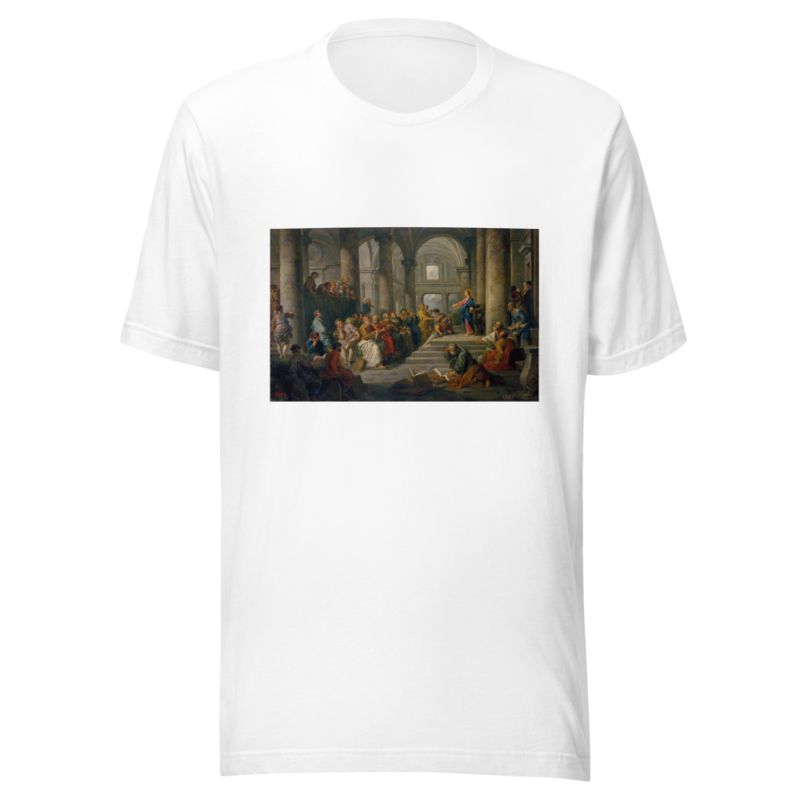
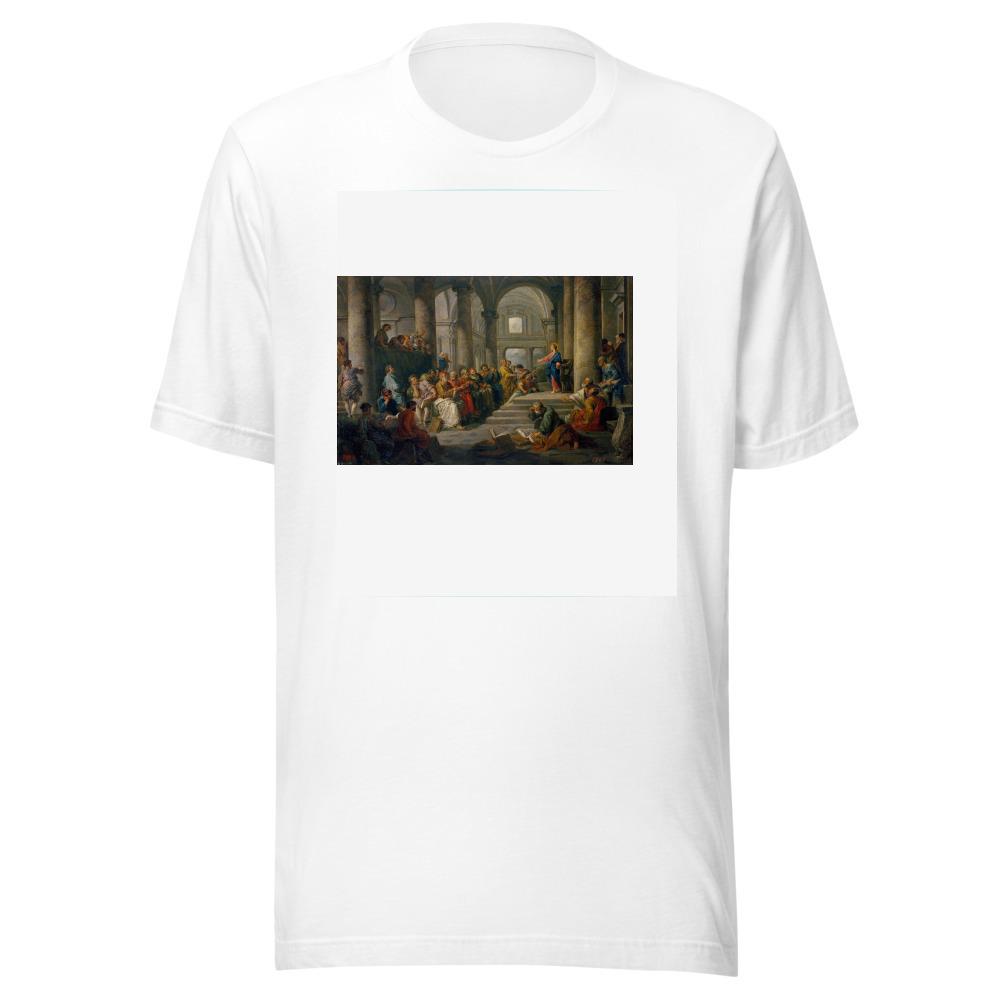
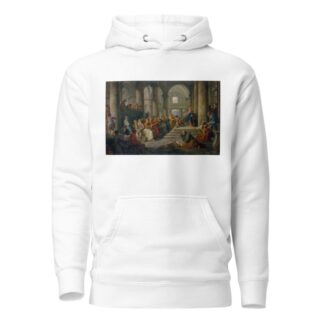
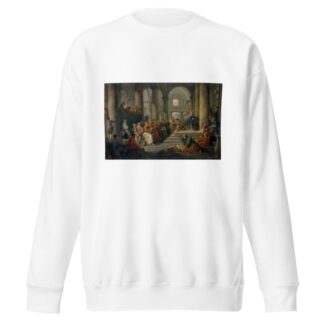
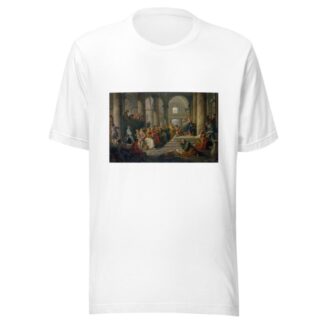
Reviews
There are no reviews yet.